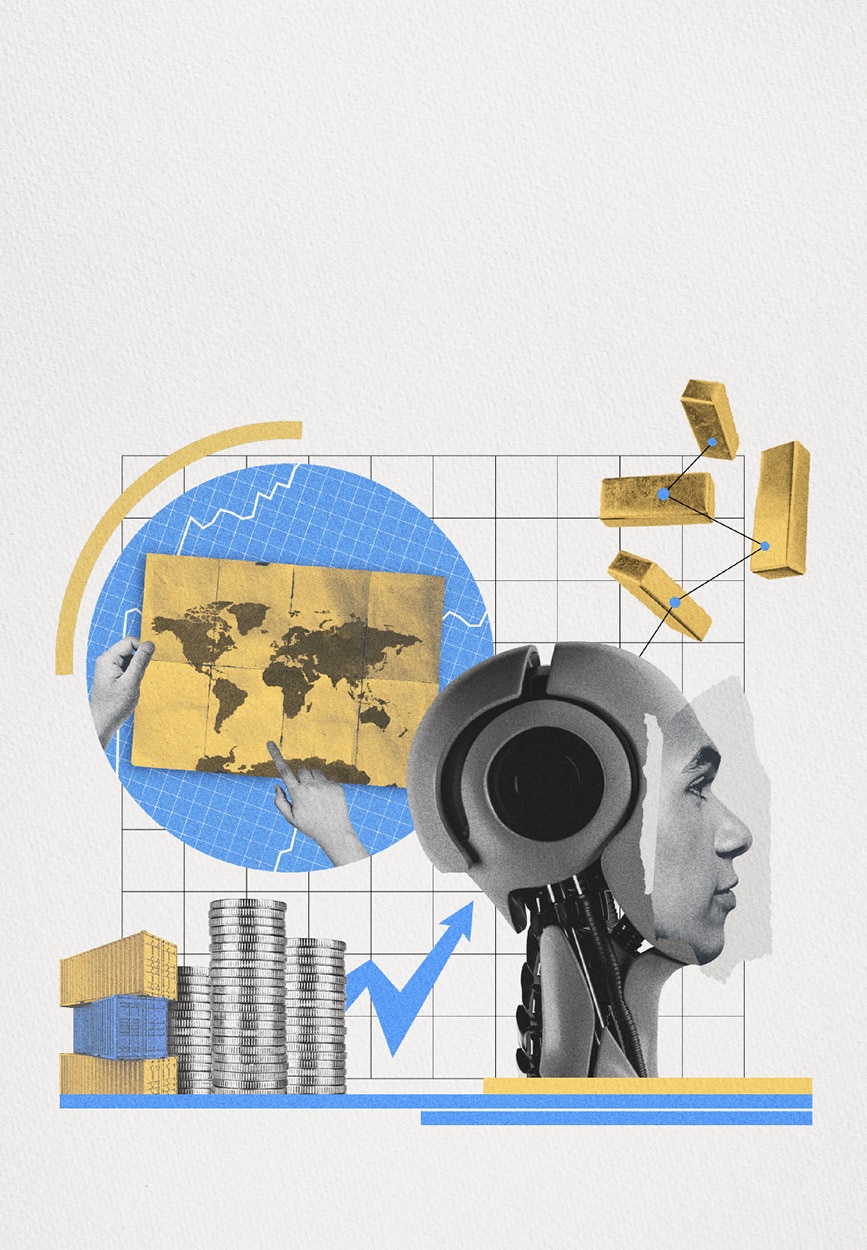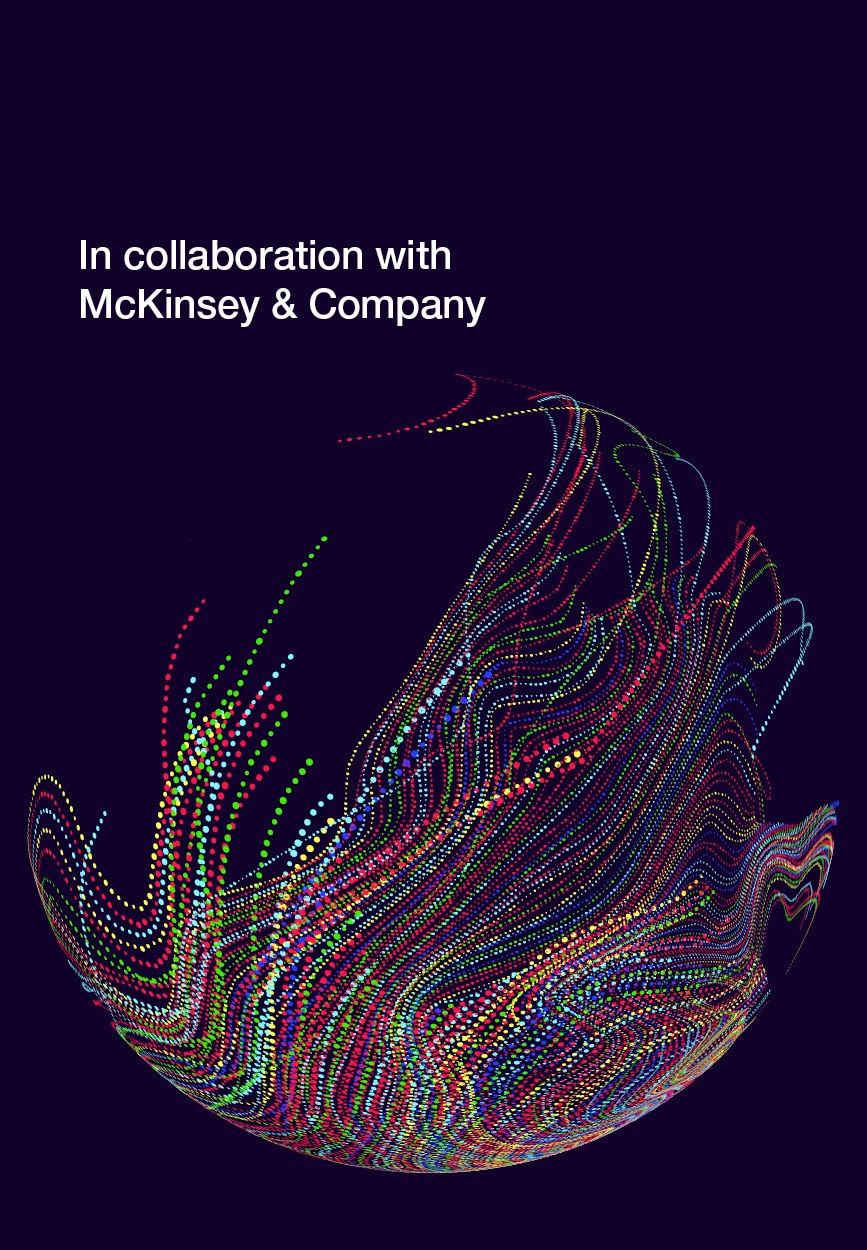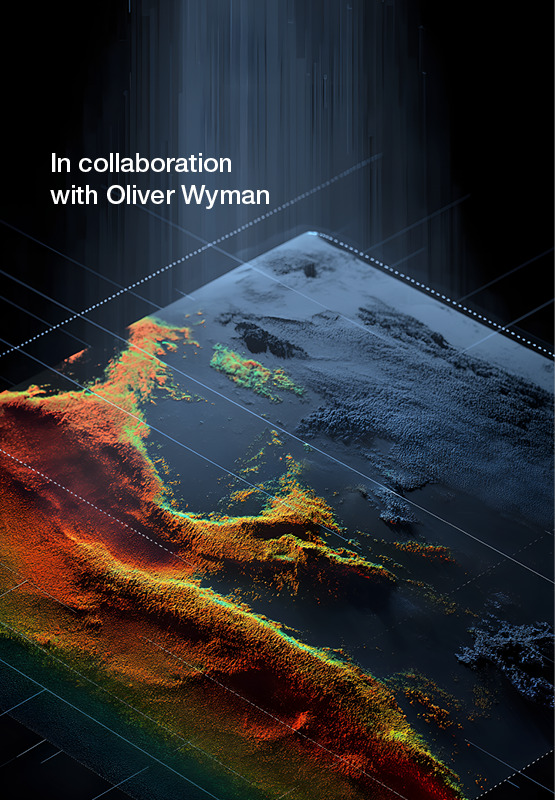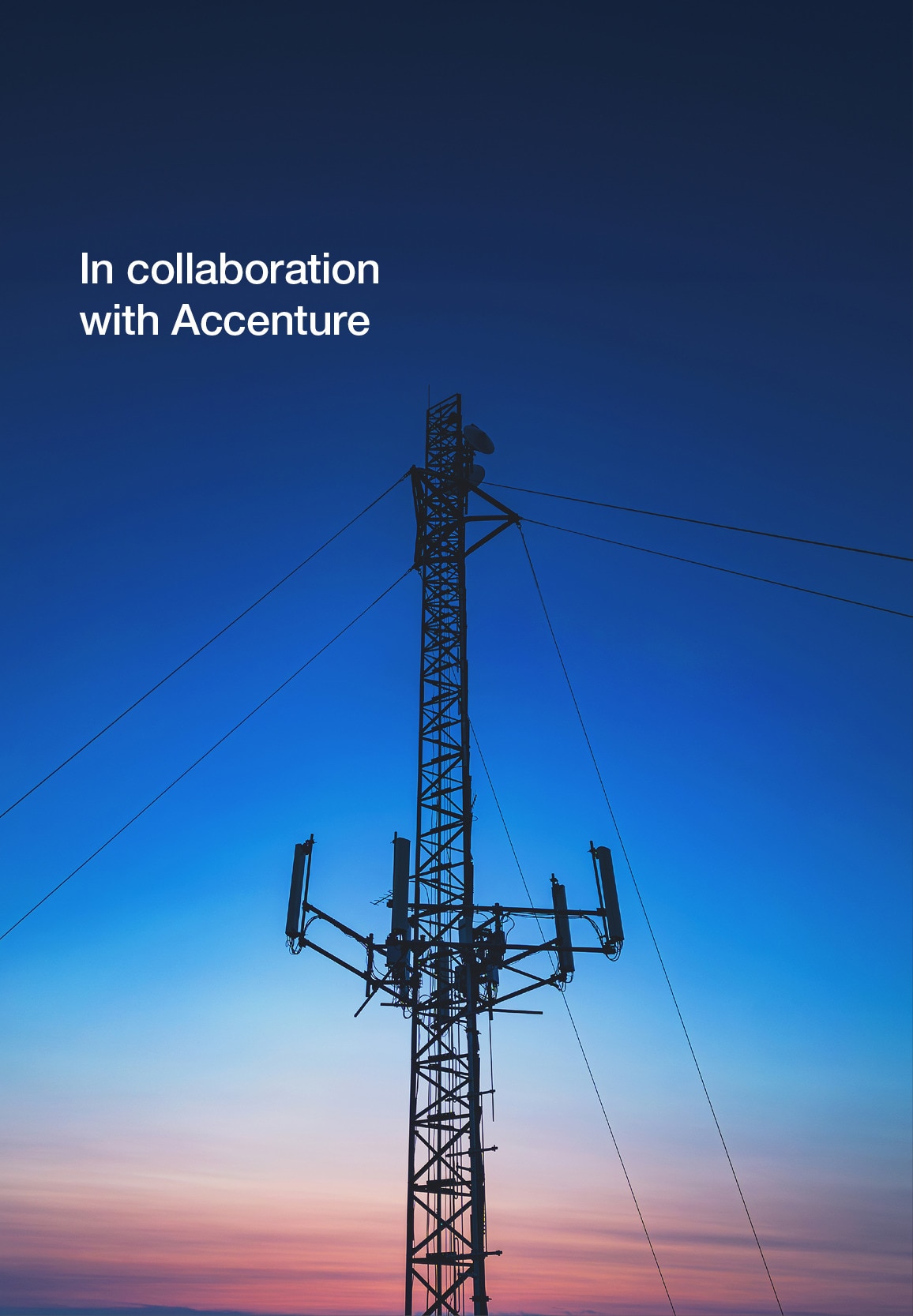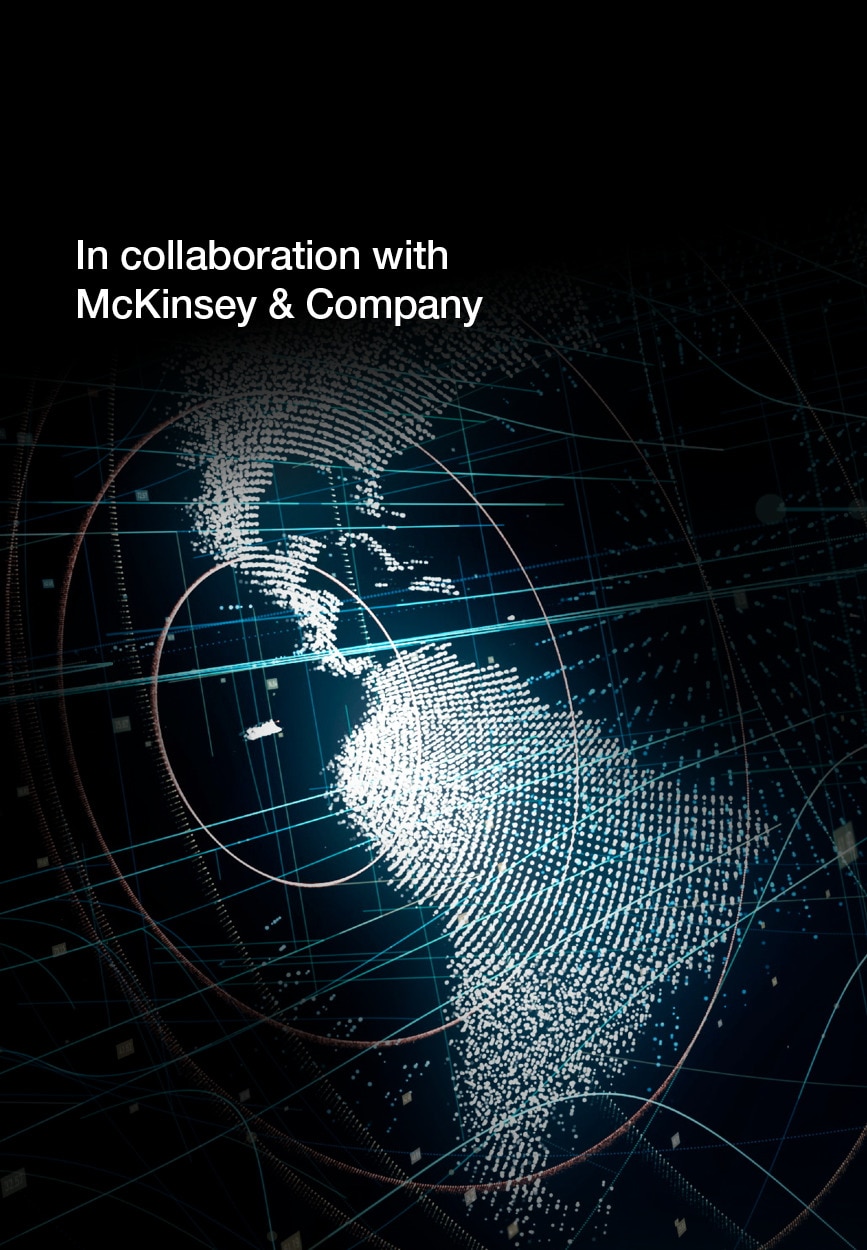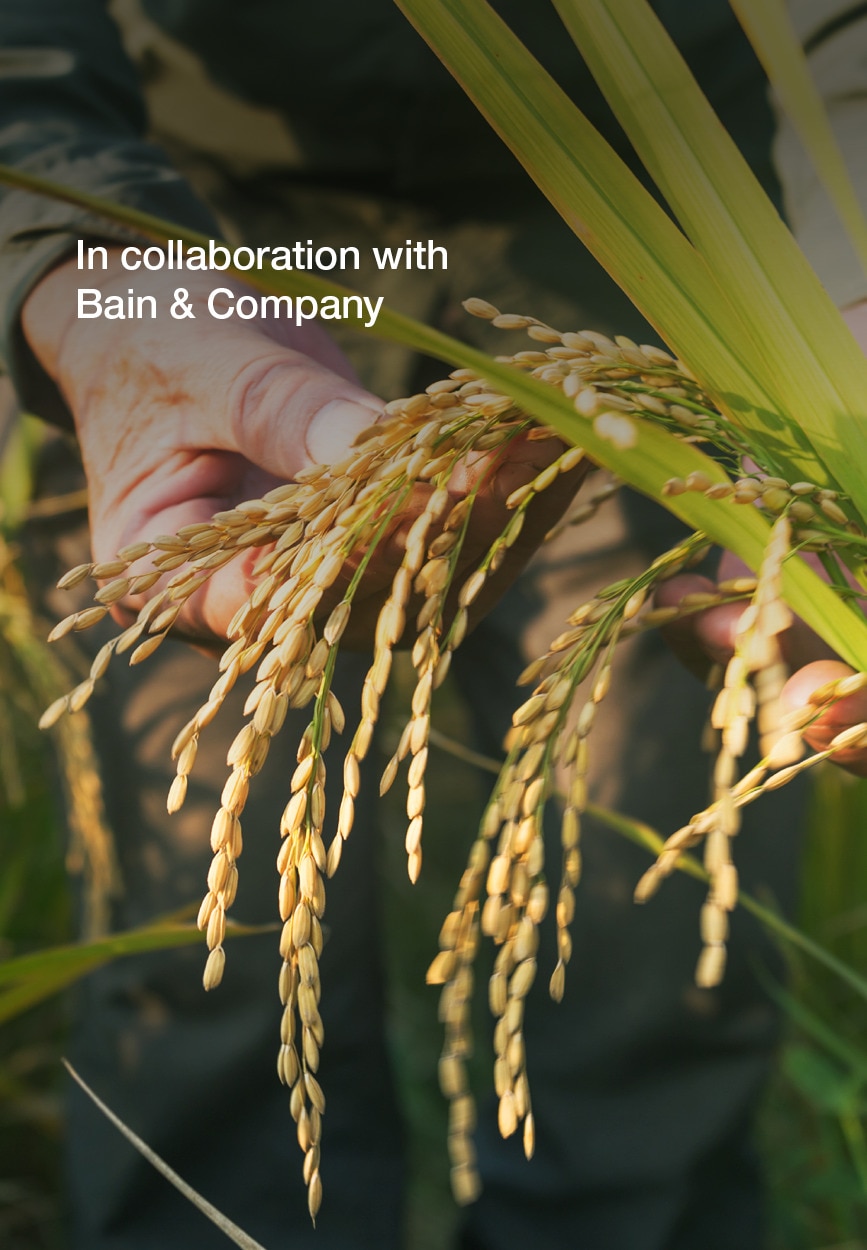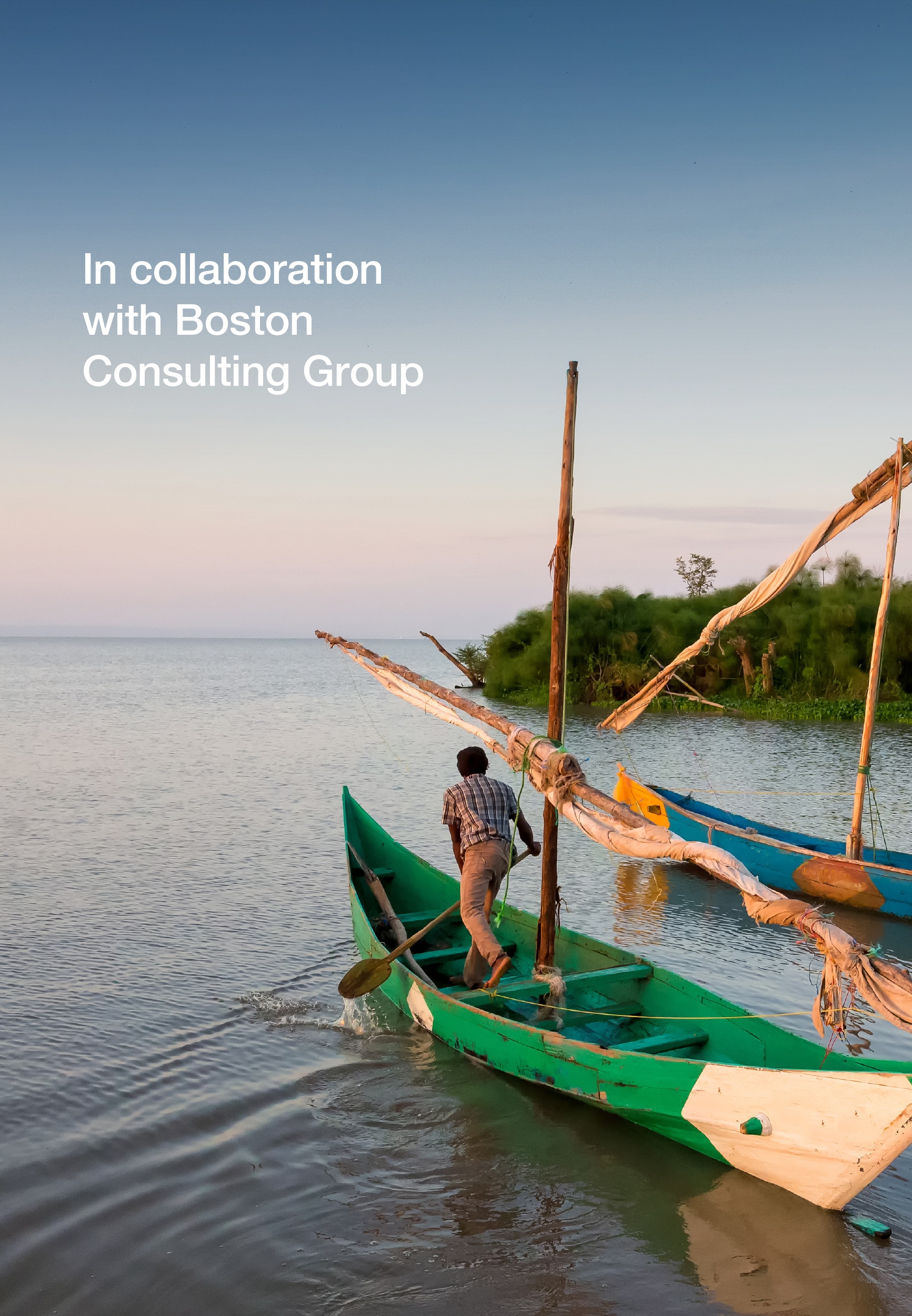Featured
Global Cybersecurity Outlook 2026
The Global Cybersecurity Outlook 2026, written in collaboration with Accenture, examines the cybersecurity trends that will affect economies and societies in the year to come. It explores how accelerating AI adoption, geopolitical fragmentation and widening cyber inequity are reshaping the global risk landscape. As attacks grow faster, more complex and more unevenly distributed, organizations and governments face rising pressure to adapt amid persistent sovereignty challenges and widening capability gaps. Drawing on leaders’ perspectives, it provides actionable insights to inform strategy, investment and policy.
Featured publications:
The Global Risks Report 2026 analyses global risks through three timeframes to support decision-makers in balancing current crises and longer-term priorities.
The Chief Economists' Outlook: January 2026 examines near-term economic prospects alongside deeper structural shifts shaping growth, policy and investment.
The Global Cooperation Barometer 2026 – Third Edition highlights where cooperation is persisting, where it is weakening and how it is being reconfigured in response to shifting economic, political and technological realities.
Quantum Technologies: Strategic Imperatives for Health and Healthcare Leaders 2025
Technology permeates every facet of daily life. More than 1 trillion semiconductors are sold annually, while over 11,000 data centres are handling everything from streaming to 2 billion+ prompts sent daily to AI models. However, the sector remains dependent on limited natural resources and faces increasing physical threats from extreme weather events, which climate change and nature loss are exacerbating.
Tech’s growth has a substantial nature footprint. Semiconductor manufacturing relies on over 1 trillion litres of freshwater annually, plus metals and critical minerals. Data centres draw 60+ GW of energy, enough to power California’s peak needs. Discarded hardware dumps 60 billion kg of e-waste annually, with less than a quarter recycled.
To ensure future success, tech companies must act swiftly to address their key impacts and dependencies on nature. This report, developed in collaboration with Oliver Wyman, recommends seven priority actions for tech leaders and demonstrates that nature-positive strategies can present financial opportunities – from recovered metals for new products to cost savings from reduced power and water consumption.
Tech’s growth has a substantial nature footprint. Semiconductor manufacturing relies on over 1 trillion litres of freshwater annually, plus metals and critical minerals. Data centres draw 60+ GW of energy, enough to power California’s peak needs. Discarded hardware dumps 60 billion kg of e-waste annually, with less than a quarter recycled.
To ensure future success, tech companies must act swiftly to address their key impacts and dependencies on nature. This report, developed in collaboration with Oliver Wyman, recommends seven priority actions for tech leaders and demonstrates that nature-positive strategies can present financial opportunities – from recovered metals for new products to cost savings from reduced power and water consumption.
Despite recent headlines suggesting the climate transition is stalling, overall growth in green investments has not wavered. Worth over $5 trillion per year – the green economy is the world’s most dynamic growth sector after technology. Green revenues are growing twice as fast as conventional revenues on average and companies operating in these markets typically gain access to cheaper capital and often enjoy premium valuations on capital markets.
Last year’s annual report for CEO Climate Leaders addressed the steep cost of climate inaction. This year’s report reminds readers that the green economy is one of the biggest growth opportunities on the planet. Nonetheless, succeeding in the green economy is not always easy. Winning companies accelerate growth by rigorously pushing for technology maturity and bringing down costs of nascent technologies, shaping and navigating regulation, and accessing smart capital.
Drawing on the experiences of leaders who have successfully scaled up their green businesses and navigated common pitfalls, this report shares valuable inspiration and lessons for those companies seeking to act boldly and capture the value offered by a market projected to exceed $7 trillion in value by 2030.
Last year’s annual report for CEO Climate Leaders addressed the steep cost of climate inaction. This year’s report reminds readers that the green economy is one of the biggest growth opportunities on the planet. Nonetheless, succeeding in the green economy is not always easy. Winning companies accelerate growth by rigorously pushing for technology maturity and bringing down costs of nascent technologies, shaping and navigating regulation, and accessing smart capital.
Drawing on the experiences of leaders who have successfully scaled up their green businesses and navigated common pitfalls, this report shares valuable inspiration and lessons for those companies seeking to act boldly and capture the value offered by a market projected to exceed $7 trillion in value by 2030.
Featured series
The annual Global Risks Report explores some of the most severe risks we may face in the coming years. Underpinned by the Forum’s Global Risks Perception Survey, the report brings together leading insights from over 1,200 experts across the world.
The annual Top 10 Emerging Technologies report highlights the technologies set to positively impact society within the next three to five years. The report provides a qualitative assessment of each technology's potential impact on people and the planet.
The Global Cybersecurity Outlook reports examine the cybersecurity trends that will impact our economies and societies in the year to come.
The annual Future of Jobs Report explores how jobs and skills will evolve. The report is based on unique survey data that details the expectations of a cross-section of the world’s largest employers related to how socio-economic and technology trends will shape the workplace of the future.
The annual Global Gender Gap Index benchmarks the state and evolution of gender parity across four key dimensions: economic participation and opportunity, educational attainment, health and survival, and political empowerment.
The Chief Economists Outlook summarizes the emerging contours of the current economic environment. The quarterly report incorporates the latest policy research and the results of a Forum survey with leading chief economists from both the public and private sectors.
The Annual Report outlines the concrete progress the World Economic Forum made over the year in a variety of initiatives and demonstrates how the organization continues to be a bridge-builder in the increasingly complex world.
The Global Cooperation Barometer 2025 offers a comprehensive assessment of global collaboration.
The World Economic Forum's Travel & Tourism Development Index provides a strategic benchmarking tool for business, governments, international organizations and others to develop the Travel & Tourism sector.
The annual Energy Transition Index benchmarks over 100 countries on their current energy system performance as well as provides a forward-looking measure of energy security and transition readiness.
The reports provide pathways for business to be part of the transition to a nature-positive economy.


